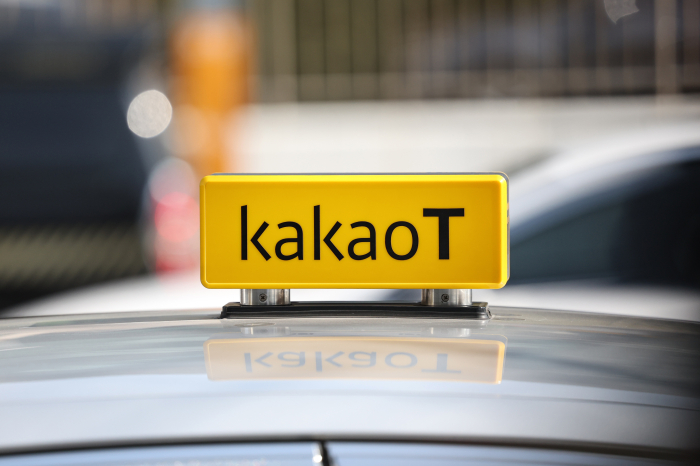
United Arab Emirates’ sovereign wealth fund Mubadala Investment Co. and Goldman Sachs are set to invest a combined $700 million in Kakao Mobility Corp., South Korea’s largest taxi-hailing app, to take over shares from its financial investors including TPG and Carlyle Group, according to investment banking sources on Friday.
Mubadala will pour around $400 million into the mobility platform via a consortium led by Seoul-based private equity firm VIG Partners. VIG is aiming to secure a stake of between 40% and 49% in Kakao Mobility to control the unit of Kakao Corp., the operator of South Korea’s most widely used messenger app KakaoTalk.
Goldman will make an equity investment of around $300 million in Kakao Mobility via a separate vehicle, said the sources.
Stephanie Hui, global co-head of growth equity at Goldman Sachs Asset Management, was said to have led the investment just as she did for its 10-billion-yen investment in Go Inc., Japan’s biggest taxi booking app, in 2023.
Including proceeds from Goldman, VIG plan to inject between the mid- and upper-2 trillion won ($1.4 billion) range into Kakao Mobility, including about 1 trillion won through acquisition financing.
They are seeking to acquire shares from TPG with a 29% stake in Kakao Mobility, Carlyle Group (6.17%), LG Corp. (2.46%) and Google Inc. (1.52%), as well as a portion of the 57.2% stake held by Kakao Corp., the largest shareholder with a 57.2% stake.
TPG and Carlyle had invested in the mobility app between 2017 and 2021. Goldman and the VIG-led consortium currently estimate Kakao Mobility’s enterprise value at around 6 trillion won.
In addition to the funding from the consortium, VIG will tap its blind pool fund to finance the deal. Korea Development Bank, Shinhan Bank, Woori Bank and Kiwoom Securities Co. will join the syndicate of the debt financing.

HURDLE REMAINS
VIG Partners is aiming to close the deal this month, but it faces headwinds as some investors have balked at the Kakao Mobility’s estimated valuation of 6 trillion won.
It has also yet to win full support from Kakao Mobility’s existing investors over their exit strategy, while the messenger app operator Kakao has turned down VIG’s management buyout offer.
Some Korean institutional investors, including private equity house KDB Investment, has decided not to participate after reviewing the investment terms, which lacked risk protection clauses, said the sources.
In 2024, Kakao Mobility swung to a profit after two consecutive years of losses, posting a net profit of 28.9 billion won, versus shortfalls of 124.2 billion won in the year prior.
Its operating profit more than doubled to 93.0 billion won over the same period.
By Jun-Ho Cha
chacha@hankyung.com
Yeonhee Kim edited this article.













